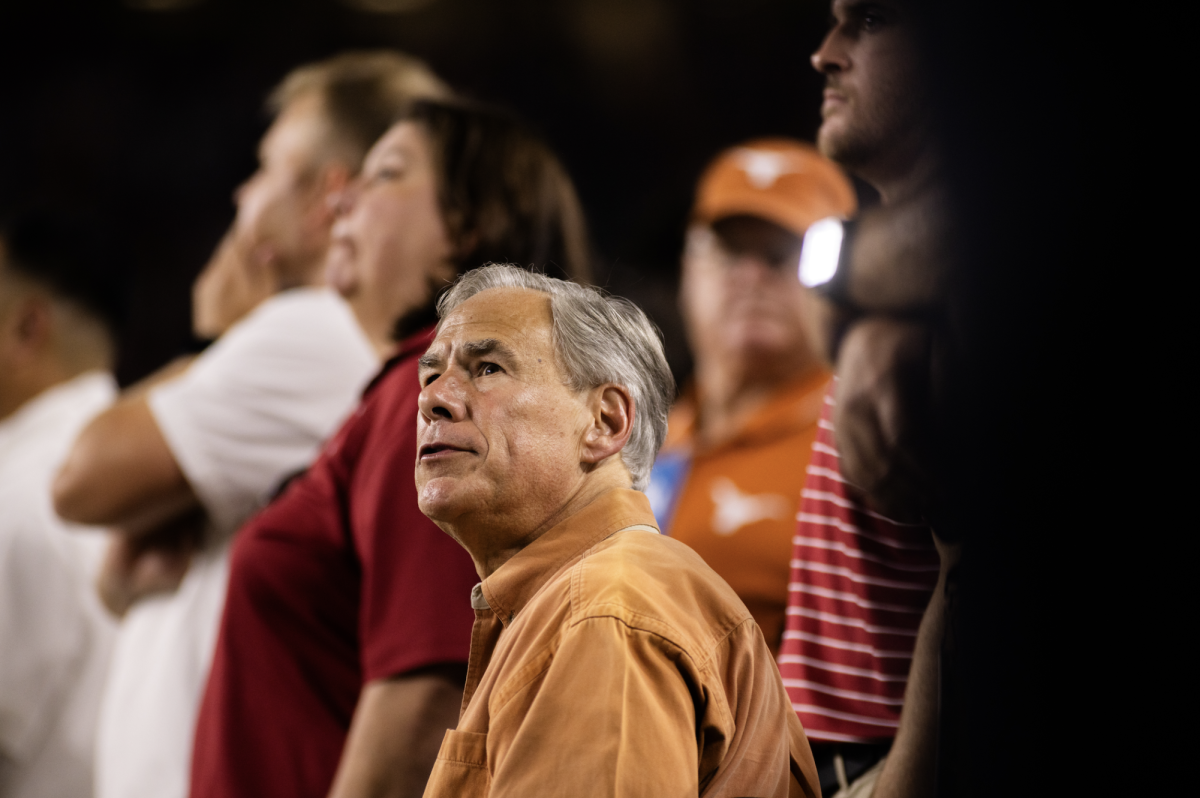Editor’s note: This story was part of a series of articles published in the March 4 edition of The Daily Texan.
A handful of key figures are positioned to steer the state’s higher education policies as the Texas Legislature continues its 89th regular session. These individuals hold influence over which higher education bills get passed.
Presiding Officers
Lt. Gov. Dan Patrick and Speaker of the House Dustin Burrows hold the most power when it comes to deciding which bills are brought to the floor through control over the legislative calendar.
Patrick’s control over the Senate’s calendar and committee appointments gives him a direct hand in determining which education bills get debated and which stand a chance of passing. His influence over the process means his issue priorities are often acted upon in the Senate.
Burrows operates in a different environment since the Speaker of the House is voted in every session by members of the House. While he controls the legislative agenda and the appointment of committee chairs, Burrow’s grasp on power is weaker than Patrick’s because he is held accountable by his fellow state representatives.
Committee Chairs
The committee chairs are some of the most influential players in the process because they decide how a bill fares in committee, including when passing higher education legislation.
In the House, state Rep. Terry Wilson chairs the Higher Education Committee, giving him the power to decide which higher education bills will be heard, debated and ultimately sent to the floor for a vote in the House.
In the House, state Rep. Donna Howard, the vice-chair of the Higher Education Committee, holds limited power due to being a member of the Democratic party in a Republican-led House. While vice-chairs in the House cannot control the committee’s direction, they can influence the process by calling witnesses and publishing reports.
In the Senate, state Sen. Brandon Creighton chairs the Senate K-16 Education Committee and similarly controls which bills are brought before the committee. Creighton introduced high-profile Republican priorities related to education, such as Senate Bill 17.
Texas Governor
Gov. Greg Abbott, though not directly involved in the day-to-day legislative process, still exerts influence over higher education policy. While he does not draft or pass education bills, his role in appointing members to the Board of Regents at Texas’ public universities gives him indirect power over university leadership. The governor can also designate certain issues as “emergency items,” which allows the Legislature to consider them before the 60th day of the session.















